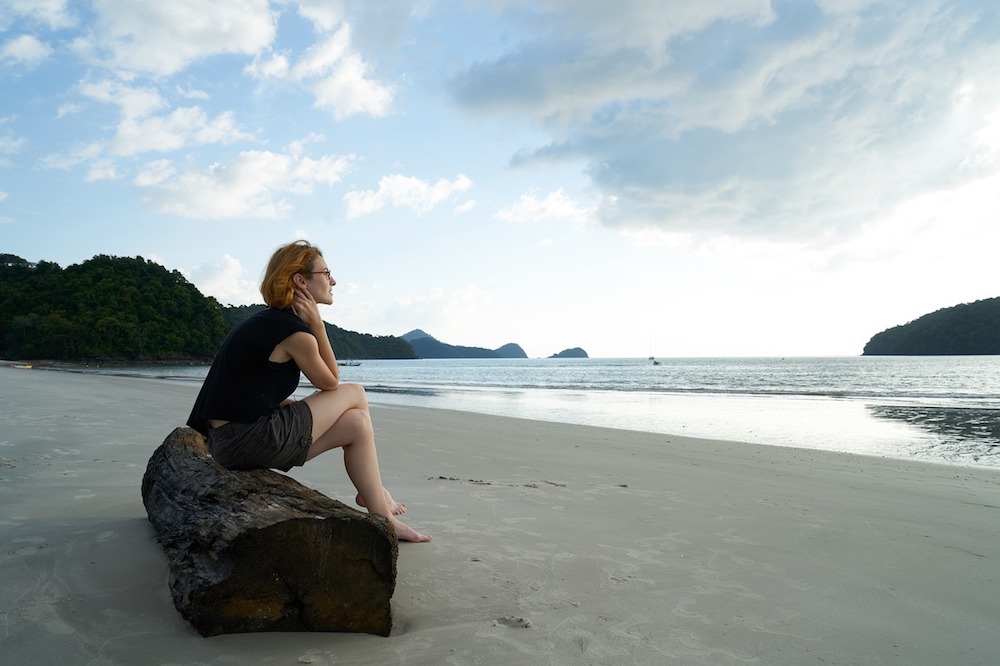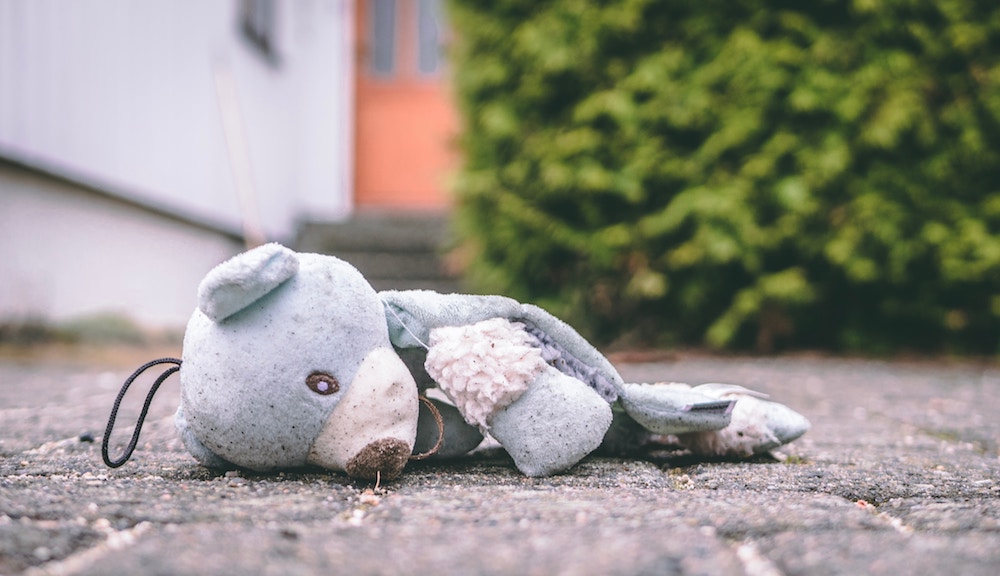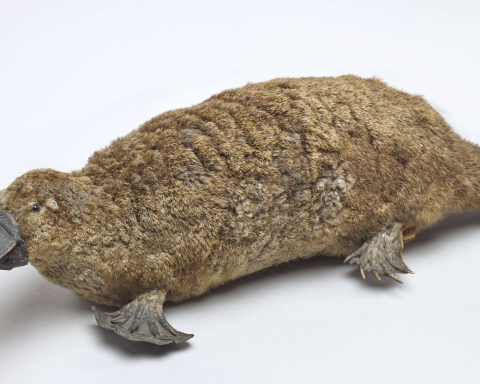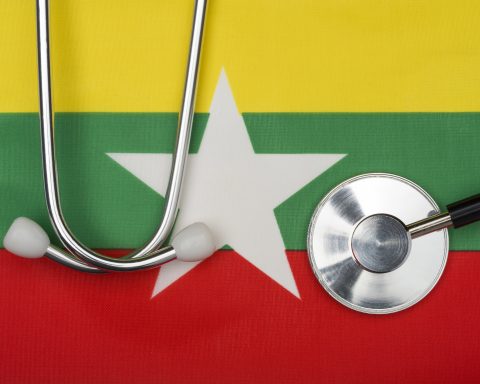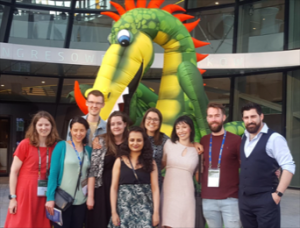
The authors are current and former members of the RCGP Junior International Committee; Sonia Tsukagoshi (chair) Katrina Whalley (former National Exchange Coordinator, NEC) and Bernadeta Bridgwood (current NEC).
Global health is an important area of primary care which is infiltrating general practice across the UK. As GPs, we see a cross-section of our population and gain an understanding the wider world from our consultation room. The RCGP Junior International Committee (RCGP JIC) is a group of 16 volunteer early years GPs with an enthusiasm for international primary care. We believe that experiencing healthcare systems abroad improves understanding of patient beliefs, cultures and experiences of care. It aims to enhance sustainable and ethical opportunities for all. We wish to discuss the options of getting involved in global health with readers of BJGP Life without leaving the consultation room.
Global health: opening our doors to international opportunity
Global health is an important area of primary care which is infiltrating general practice across the UK. The words “migrants”, “refugees” and “Brexit” feature daily in our newspaper headlines and it is impossible to escape the effects of globalisation. As GPs, we see a cross-section of our population and gain an understanding the wider world from our consultation room. Furthermore, the UK general practice system is often seen as the utopia of general practice amongst GPs worldwide.
Despite its flaws, the National Health Service (NHS) stands as a pillar of equitable healthcare with GPs taking on the responsibilities of being gatekeepers for the health service. Soon after its establishment in 1948, GPs have been on the front-line of NHS services to ensure efficient and cost-effective population-based healthcare and the rest of the world wants to know how we do it.
The RCGP Junior International Committee (RCGP JIC) is a group of 16 volunteer young GPs (Associates in Training or GPs within the first 5 years of qualification) with an enthusiasm for international primary care. We aim to increase and enhance training opportunities in Global Health for other young GPs. We believe that experiencing healthcare systems abroad improves understanding of patient beliefs, cultures and experiences of care. It aims to enhance sustainable and ethical opportunities for all. Here, we discuss the available options of getting involved in global health without even leaving your consultation room as a host.
Host a GP from abroad
Reflecting upon UK general practice with a keen international colleague can be fascinating.
Hosting an international junior colleague (a trainee or a newly qualified GP) can be reinvigorating and rewarding. Placements are observational only for between two and four weeks, ideally using the whole healthcare team for a varied experience. Hosting is flexible where practices host once, sporadically or regularly, with no obligation to timetable social activities or provide accommodation. The ability to discuss, debate and compare primary cares systems can enable clinicians to identify the similarities and differences faced.
As primary care is a developing speciality in many countries worldwide, experiencing UK primary care first-hand can inspire and educate doctors from other countries. Equally, hosting colleagues from abroad can stimulate innovation for both host and visitor and can be an excellent forum to learn about new clinical practices, new technologies and new methodologies as plausible solutions to daily challenges.
Reflecting upon UK general practice with a keen international colleague can be fascinating, allowing a unique perspective upon our own clinical care, attitudes and procedures. Hosting can contextualise specific patient populations’ attitudes and health beliefs, allowing improved connection with our local populations by better understanding their health care choices, prescribing and referral expectations.
These reflections can be useful both on a personal level, for appraisals and revalidation, helping to develop professionalism and leadership skills. It is also a great way to learn or practise a new language, try new foods and connect culturally without leaving the GP practice. Finally, it showcases the UK as a cultural leader – an opportunity to quash the international reputation of bad food and bad weather – and to reach out to our neighbours from under the shadow of Brexit.
GPs at any stage can host, including trainees if the training practice is supportive. We are looking for internationally-minded UK GPs who want to participate.
Twinning
Let us suppose you meet a colleague from abroad and it’s a meeting of two minds. How do you develop this relationship further? Twinning is a concept of pairing two institutions from two different cultures to share information, successfully used in schools and between town halls and villages. Through the means of the high-speed communication and networking events, twinning can empower GP’s to identify areas of best practice, discuss commonplace dilemmas and enhance teaching practice.
One fantastic example of twinning is the KNUST-Grantham partnership between a medium-sized GP practice in South London and a university hospital in Ghana. Originally developed from a friendship between Dr Vikesh Sharma and Dr Kwame Ayisi-Boateng, this long-term partnership promotes the provision of high-quality population-based medical care for each locality. KNUST is now better able to promote and develop family medicine as a speciality. The Grantham practice has improved its outreach to their local Ghanaian population for optimal disease prevention and holistic care. These partnerships are organic and individual. The JIC can help to guide twinning opportunities.
Volunteering
Health and wellbeing – whether for asylum seekers, the homeless or other marginalised populations – is a human right. The ability to provide good quality healthcare with judicious use of resources, make GPs well placed for volunteering. There are multiple opportunities in the capital and across the nation. It is advised if volunteering, to register with a reputable organisation and check with your indemnity provider. Most organisations will request clinicians are an independent practitioner although some charities will be happy to provide some supervision for trainees.
Advocacy
The junior doctor’s contract brought out the activist in many of us. Many learned how to spread a message through social or mainstream media, to canvas to local politicians and some took to the streets. As GPs we see the effects of the social determinants of health on the wellbeing of our populations and raising awareness may help combat the rising tide of negativity and exclusion. Whether for torture victims or those stuck in the asylum application process, having someone advocate on their behalf can send a powerful message. However insignificant it may feel, small injustices need to be highlighted to prevent larger ones. Edmund Burke reminds us, “the only thing necessary for the triumph of evil is for good men to do nothing”.
Get connected
The Vasco de Gama pre-conference, preceding the annual WONCA Europe conference, is a great place to meet European colleagues. Young doctor counterparts from all across Europe join together for 2 days of workshops and talks. This is a great opportunity to meet fellow primary care doctors and trainees. The WONCA Europe conference follows the pre-conference however there is no obligation to attend both. The JIC have a strong presence at WONCA as well as the RCGP annual conference. The JIC is very approachable. Let us know if you’re thinking about coming and we can help you network with like-minded people.
Final thoughts
If you have a project in mind, then the JIC want to hear about it. For those of you new to the concepts of global health, exchanges to Europe and the rest of the world including Japan are an easy starting-point. The JIC can provide advice and signpost to supportive individuals and networks. The JIC also developed a toolkit for GP’s planning to work abroad or returning into practice in the UK. The JIC is collaborating with the other UK Colleges to campaign for the inclusion of Global Health competencies in the curriculum, as well as advising for Global Health GP fellowships.
All members of the JIC would be happy to be contacted. Equally the JIC welcome any interest for involvement. You can also contact your local RCGP international faculty representative, via your local faculty website, to see if there are any other opportunities near you.
References and further information
Pettigrew L., and Ramsay R., Incorporating global health and international experience into your career. InnovAiT 2012 5(8) 447-455 doi:10.1093/innovait/ins095
Department of Health (2011) Health is global: An outcomes framework for Global Health 2011-2015. London: Department of Health.
RCGP Toolkit for GPs Planning to Work Abroad


